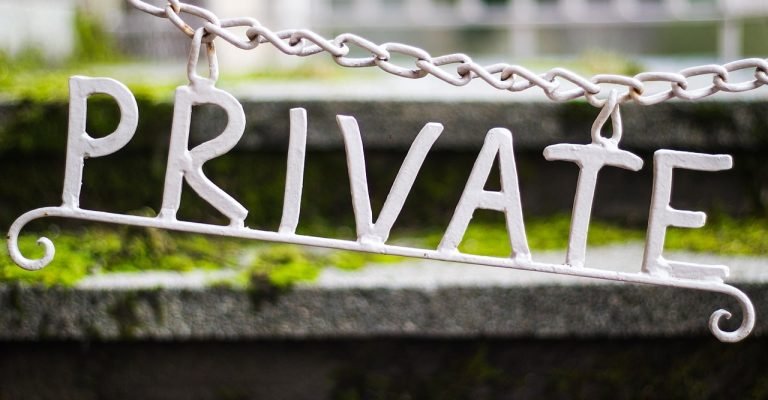Sharing Intimate Pictures
In today’s digital age, it has become easier than ever to capture and share images and videos with the click of a button. However, this ease of sharing has also led to an increase in cases of revenge pornography, where private and intimate pictures or videos are shared without the consent of the person in them. In the UK, sharing such images without consent is a criminal offense, punishable by imprisonment or a fine, or both.
The Criminal Offense
The criminal offense of sharing intimate pictures without consent is covered under the Revenge Pornography law, which was introduced as a part of the Criminal Justice and Courts Act 2015. The law defines revenge pornography as the sharing or distribution of a private sexual image or video of another person, without their consent, and with the intention of causing distress or harm to the victim.
The offense can be committed in a variety of ways, including;
- sharing images and videos online or offline,
- through social media,
- email, or
- messaging platforms.
The law also covers images that were shared with consent but then distributed further without the victim’s consent.
It is important to note that the victim does not have to be fully naked or engaged in sexual activity in the image or video for the offense to apply. Any image that is intended to be private and sexual in nature, and shared without consent, can be covered under the law. Furthermore, the law applies to any person, regardless of their gender or sexual orientation, who has had their private images shared without their consent.

The maximum sentence for the offense of sharing intimate pictures without consent is two years imprisonment, a fine, or both. The severity of the sentence will depend on the specific circumstances of the case, including the degree of harm caused to the victim.
If you have become a Victim
If you are a victim of revenge pornography, it is important to report the offense to the police as soon as possible. The police will investigate the case and take appropriate action against the offender. Additionally, it is essential to seek support and counseling to help deal with the emotional impact of the offense.
Victims can also take measures to protect themselves from future offenses, such as reporting any suspicious or threatening behavior to the police and being cautious about sharing intimate images or videos online or with people they do not know well.
In Conclusion
Sharing intimate pictures without consent is a serious criminal offense in the UK, and offenders can face severe consequences. If you are a victim of revenge pornography, it is important to know that help and support are available, and that you have the right to seek justice for the harm that has been done to you. By raising awareness of this issue and taking appropriate action, we can work towards a safer and more respectful digital world for all.














